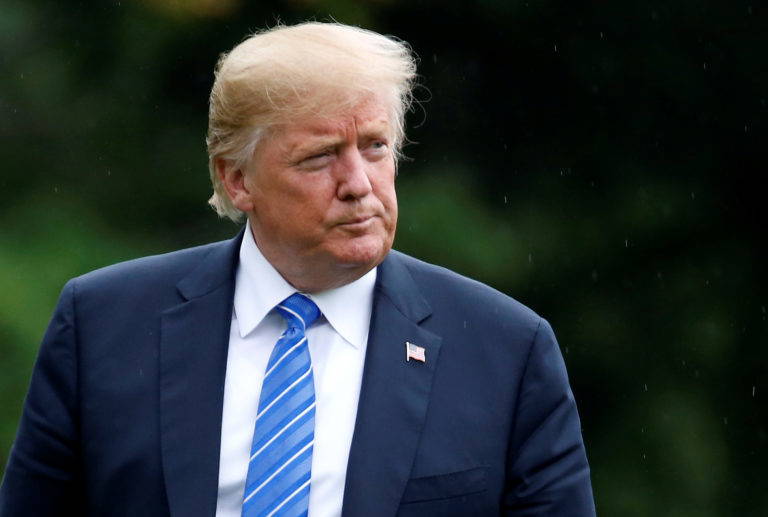
In a dramatic legal showdown, former U.S. President Donald Trump’s administration has urgently petitioned the Supreme Court to overturn a federal judge’s order requiring the repatriation of Kilmar Abrego Garcia, a Salvadoran migrant mistakenly deported last month.
The 29-year-old, who had been living legally in Maryland under protected status, was among over 200 individuals forcibly transferred to a high-security prison in El Salvador as part of Trump’s intensified immigration enforcement measures.
The legal battle reached its climax after U.S. District Judge Paula Xinis ruled Friday that immigration authorities must return Abrego Garcia by midnight Monday, citing an undisputed “administrative error” in his deportation.
The Fourth Circuit Court of Appeals upheld the decision, with Judge Harvie Wilkinson delivering a blunt assessment: “There is no question that the government screwed up here.”
In its emergency filing to the conservative-majority Supreme Court, the Trump legal team called the repatriation order “unprecedented and indefensible,” while controversially alleging—without providing new evidence—that Abrego Garcia has ties to the MS-13 gang.
This claim had been previously dismissed by Judge Xinis, who noted the government failed to substantiate its accusations during earlier proceedings.
The case highlights ongoing tensions between Trump’s hardline immigration policies and judicial oversight. While administration lawyers acknowledged the wrongful deportation, they astonishingly argued that Abrego Garcia could instead be removed to any country other than El Salvador, where courts had previously determined he faced credible threats to his safety.
The March 15 mass deportation flight that included Abrego Garcia has drawn additional scrutiny, with immigrant advocates challenging the administration’s claims that most deportees belonged to Venezuelan criminal organizations. Several attorneys have countered that their clients—some identified merely for having tattoos—had no gang affiliations or criminal records.
Legal experts suggest the Supreme Court’s response could set significant precedent regarding executive authority in immigration enforcement and the judiciary’s power to remedy deportation errors.
The decision comes as Trump continues campaigning on promises to expand deportation operations if reelected, making this case a potential bellwether for future immigration battles.







